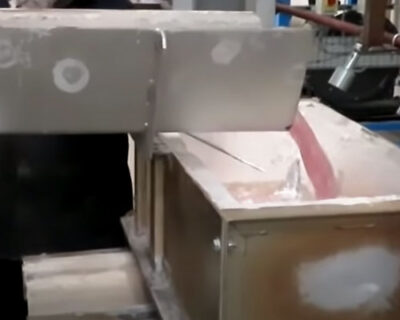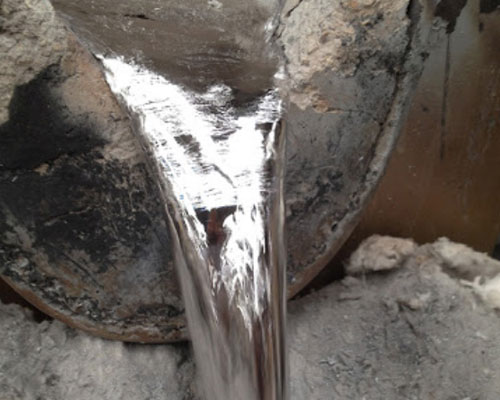At present, the processes for waste aluminum cans recycling include: manual picking → crushing, shredding → magnetic separation → vibration screening and winnowing → paint removal → smelting → slag removal → refining → standing → filtering → casting.
Raw material control: The purity control of aluminum ingots has started from the use of raw materials. In terms of raw materials, we strictly control the low-level waste that is easy to burn and cause slag.
Refining treatment: In terms of melt purification, the method of furnace purification + online processing. Online processing mainly includes degassing unit, CFF + PTF.

Aluminum Cans Recycling
In food and beverage packaging, the application range of bottle caps is becoming wider and wider. UBC (used beverage cans) refers to beverage cans or beer cans consumed by consumers, including can bodies and can lid rings. Since the current can body material alloy is 3104, the lid ring material alloy is generally 5052 and 5182 In terms of composition, after the three fusions, they fully meet the requirements for the use of tank materials, so the recycled waste material can be directly applied to the production of tank materials without the need for cover ring separation in terms of chemical composition, which provides for its use.
Convenient conditions, but due to the large amount of slagging in the melting process of the cans after recovery, the solution needs to be purified before the cans can be recycled. AdTech specializes in solving the problem of aluminum liquid purification for aluminum foundry. AdTech mainly produces high-temperature filtration and purification new materials for the aluminum alloy casting industry.
AdTech offers refining flux, covering flux, deslagging flux for furnace purification; degassing unit, ceramic foam filter, CFF filter box for online processing. We also product ceramic fiber castertip, flow control box and parts for aluminum foil casting and rolling; distributing launder, ceramic launder, and hot top casting parts for aluminum rod casting.

